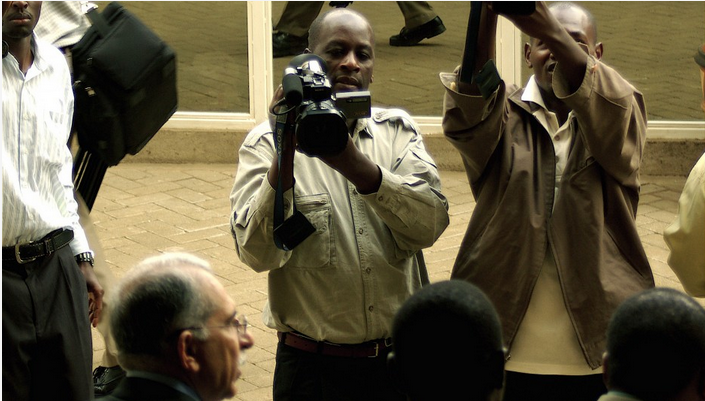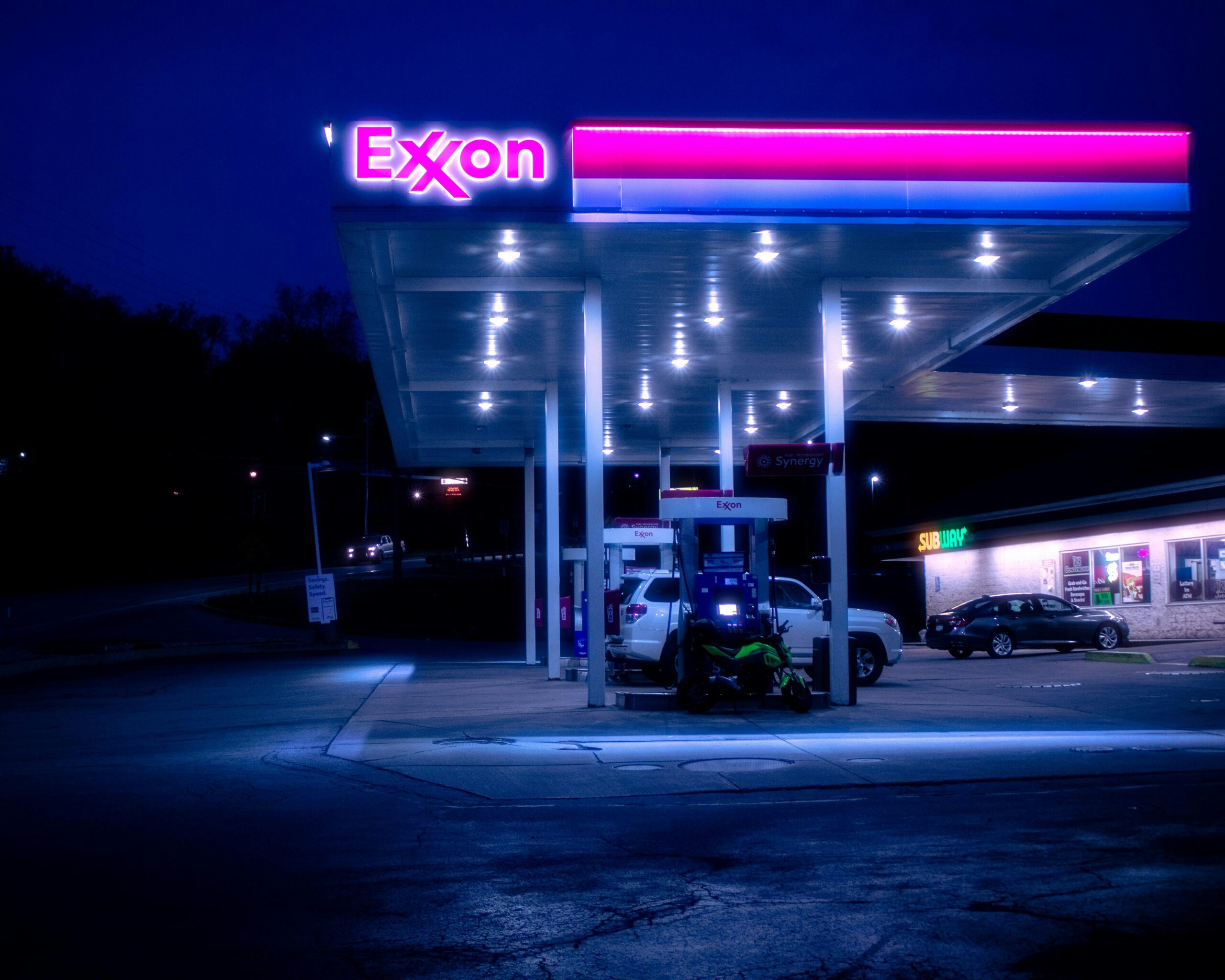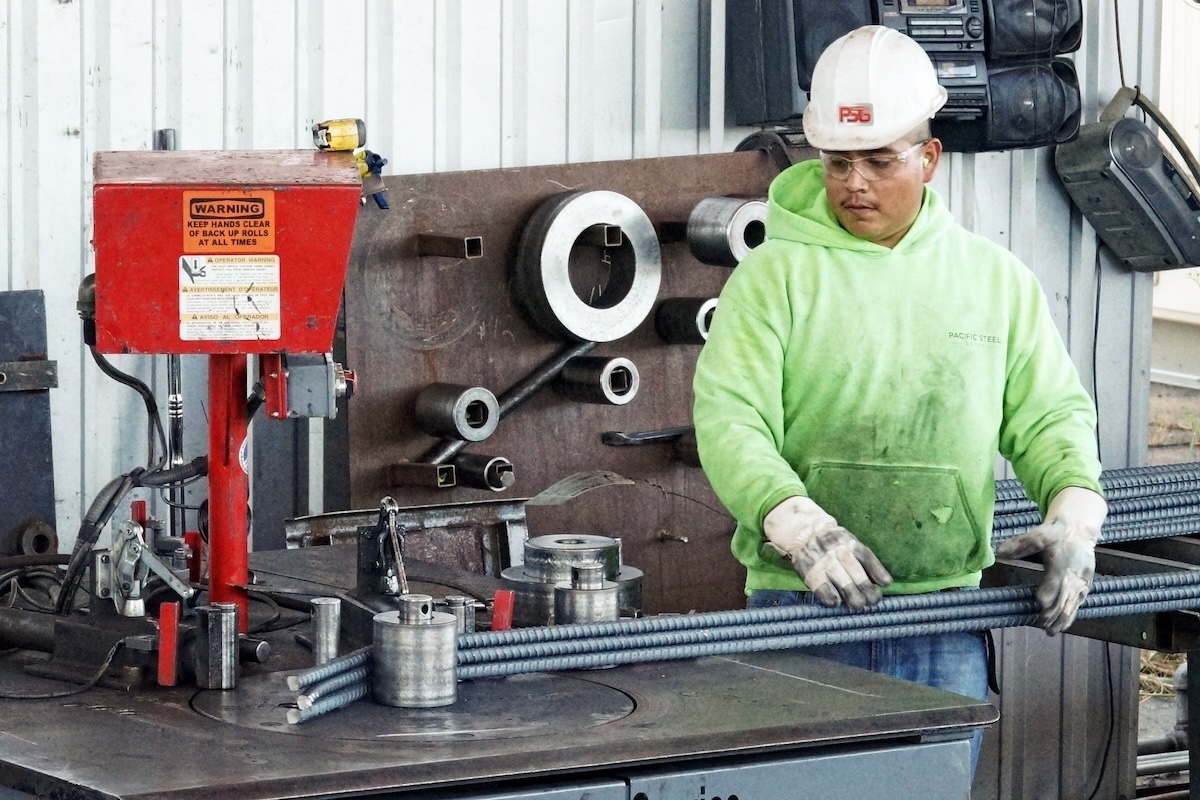The Media Development Loan Fund began making equity investments more than 15 years ago. Last year, it finally changed its name to Media Development Investment Fund.
The new name also better reflects the broader approach of the “media bank.” It takes more than financing to create strong, independent media companies in chaotic political and social environments.
MDIF recently launched Knowledge Bridge to help clients adapt to the digitization of media, part of a broader shift at MDIF away from print media. The new advisory service complements its Digital Media Ventures fund, launched in 2012 to make early-stage equity investments in start-up digital news and information businesses, and a program-related investment (PRI) fund that makes loans and equity investments in more mature news media companies.
“We realized early on that in the difficult business environments our clients worked, they had needs beyond loans, and importantly, in addition to finance,” says Harlan Mandel, MDIF’s CEO.
“This has only accelerated with the digitization of the news business,” he says. “Legacy print media companies continue to play an important role in communities they’re in, however over the long term MDIF views higher impact and investment potential in online media.”
MDIF was launched to finance independent media in countries emerging from Communism in Europe after the collapse of the Soviet Union. Today it invests all over the developing world in news businesses in countries where press freedom is under threat. In 2013, 55.2 million people in countries where the press is under threat, received their news from MDIF clients. 87 percent of MDIF clients reported on corruption scandals in their country while 89 percent held their governments answerable to policy promises.
Since 1996, MDIF has invested roughly $113.5 million in 100 companies across 31 countries. It has raised over $48 million in debt financing for its fund from social investors; $31 million in principal and interest has been returned to investors to date. The firm has successfully exited six equity investments with a gross IRR of 23.29 percent turning $7.9 million in investments into $31.4 million in exit value. According to its 2013 Impact Dashboard, MDIF’s current portfolio stands at $48 million in 59 companies across 25 countries.
Two major trends drive MDIF’s investment thesis, creating opportunities for both impact and financial returns in frontier markets: democratization and economic development. The relationship is mutually reinforcing—as democratic institutions take root and incomes rise, reliable media companies can flourish. Financial strength allows news businesses to disseminate reliable news and hold governments accountable.
According to Freedom House, globally only one in seven people live in countries with robust political news coverage, guaranteed safety for journalists and minimal state intrusion in the media. MDIF’s focus is bringing access to reliable information to the six out of seven people around the world that live in countries where the press is under threat. Nearly all MDIF investments are in countries with ‘partially free’ or ‘not free’ presses, particularly southeast and eastern Europe and Africa.
In Indonesia, MDIF client Kendari TV produced a series to highlight unmet campaign promises, forcing local officials to deliver on infrastructure improvements they had promised to voters. Jakarta-based Green Radio set up a radio station after devastating floods hit the capital in 2008. Green Radio’s programs provide news on the environment and sustainable business and in 2013 reached an estimated audience of 250,000.
MDIF’s first investment in Paraguay last year allowed Radio Viva to purchase new transmission equipment. The community-rooted, independent radio station broadcasts civic-oriented programming, debates, and campaigns against corruption in Paraguay’s capital, Asunción.
MDIF financing and product development training helped Russion publisher Krestyanin launch Agrobook, a professional network and content-rich site for Russian farming communities. In Lesotho, MDIF’s investment in Public Eye is helping the weekly newspaper publisher expand its coverage of public issues from urban centers to a wider, less privileged audience.
Alongside its investments into existing businesses MDIF has begun to incubate its own projects. Named The Outernet, the project aims to bring essential information, broadcast via satellite and picked up by local receivers, to the 60% of the world that lacks internet access.
MDIF takes a long term view of client success. The fund reports that over the first five years of involvement with MDIF, their clients averaged 25 percent year-over-year growth in sales. Audience reach increased by a median of 33 percent. ”Media development as an impact investing opportunity is under-invested in,” says Peter Whitehead, MDIF’s director of communications.
MDIF has two investment vehicles—the Free Press Investment Notes in the U.S. and the Press Freedom Voncert in Switzerland—that allow individual social investors to invest in MDIF’s work. The Aspen Network of Development Entrepreneurs featured MDIF’s approach to aligning mission and financial performance in a recent white paper on the topic. Prominent inveestors include the Omidyar Network, KL Felicitas Foundation, and Bank Vontobel.
A default rate on its loans of less then 3 percent testifies to MDIF’s ability to identify mission-driven media companies with financial viable businesses models. MDIF screens potential clients for three key indicators of impact and financial sustainability: ownership independence, editorial integrity, and a sound business plan. After investing MDIF works alongside its clients to provide strategic advice, business planning, legal assistance, and capacity building.
For MDIF’s clients, financial performance is inextricably tied to mission: a financially viable media company, able to pay its costs and meet its obligations, is also able to maintain its editorial independence and continue to provide critical news and information people need to build free, thriving societies.
[seperator style=”style1″]Disclosure[/seperator]
Dennis Price is a consultant for Media Development Investment Fund.












